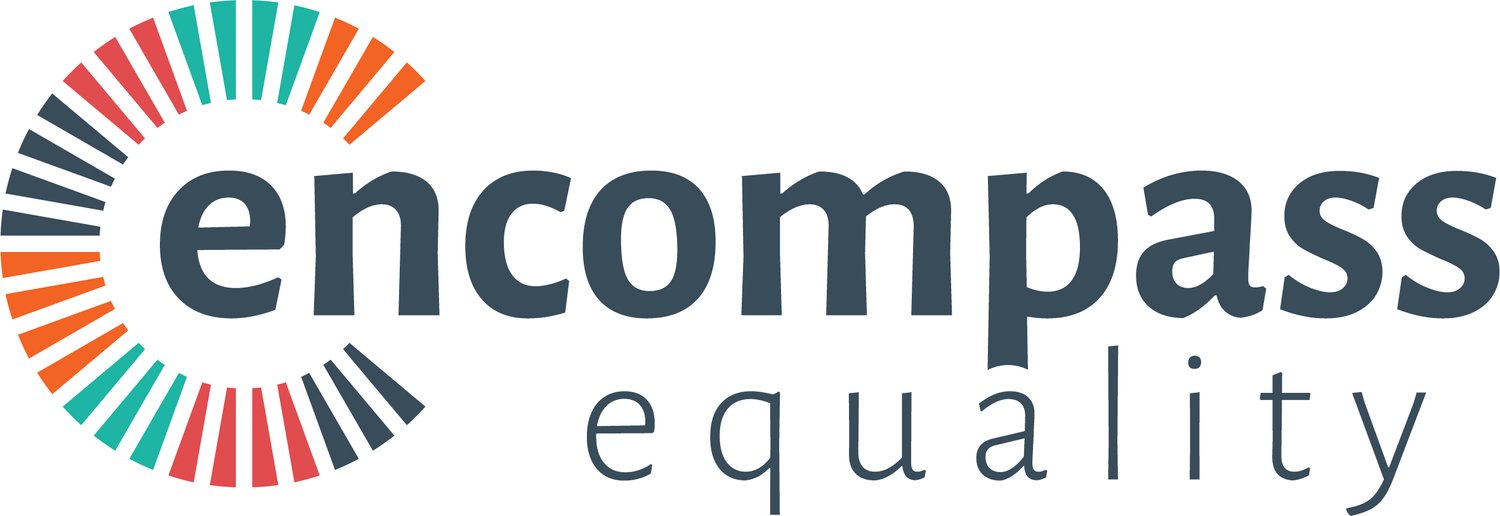Vulnerability & the importance of imperfection in learning
We are delighted to share this guest blog from Jemma Seaman who recently completed our Coaching for Modern Leadership programme. During the course, Jemma identified that she often stops herself from learning new things out of embarrassment. She wondered how this could be holding her back and wrote this article to try and overcome this fear and share her thoughts on vulnerability and the imperfection of learning.
Showing your vulnerability is a universally scary experience. No-one wants to expose themselves to the judgments of others. However, when we consider the judgments of others, we often over emphasise the value of criticisms against the value of praise. We are more concerned with the negative potential repercussions than the opportunities for success.
As an academic student getting a high mark was very important to me. I was constantly striving to get as close to 100% as possible, with more focus on the points I didn’t get than what I had managed to achieve. I was aiming for perfection and anything less was unacceptable. This is a very useful skill in passing exams and scoring well on essays. It works on the principle that there is a finite amount of points available and therefore, a finite amount to learn. Unfortunately, this mindset is less valuable when it comes to learning in life and the world of work were there are infinite learning opportunities.
When I was listening to comedian Deborah Francis-White’s Podcast, Guilty Feminist, she made a point about trying new things that really resonated with me. I am someone who generally avoids trying new things for fear of not being very good. She said, in reference to trying Stand Up, that you should view your first 6 attempts as a data gathering exercise only. What she is saying is to go into your new experience with a mindset of learning- that it is an opportunity to be imperfect, understand your imperfections and learn from them. I give similar advice when creating new ideas or projects that you are presenting- view every submission as a first draft, regardless of the number of submissions done previously. Going in with “first draft” mindset allows you to objectively review feedback without having an emotional response.
A recent example of me trying to take this on board was when I decided to start golf lessons in anticipation for a golf charity event. The first session was agonising, standing in front of strangers and being totally incapable. Objectively, I understand that the reason I was at lessons was to learn and so by definition I must have imperfections to work on. Emotionally, I hated being below par.
So we know it's important to try new things to learn and develop. We also know that we can avoid trying new things as it shows our vulnerability and can expose an imperfection. So how can we work on becoming more comfortable at being a beginner and less worried about judgement?
Like most things its practise, but how can you practise when the thought of it makes you run in the other direction?
What I try to do is practise in a low risk environment- whatever that means to you. If you are thinking that absolutely everything feels too high risk, start at things that are zero risk and work up. These are the experiences you may not even notice as they come easily to you. An example may be to ask a question in a team meeting. I then review how I felt during and afterwards and look at why that was. Next I build to try something in the same safe environment but with a slight stretch, say offering to share a brief explanation of your work in the same team meeting.
Each time I try a new experience, I try to view it as a data gathering exercise to learn from it and take it into the next time. A simple example is that my data has taught me that I often get hot when feeling imperfect, so I now wear light clothing when I know I will experience being a beginner.
After a while of trying low risk imperfection, whether it's trying a new sport or speaking up in your team, you might find your capable of trying out higher risk opportunities. By focusing on the good that might come out of it, you may find yourself belting out karaoke at the Christmas party, running a marathon for your chosen charity or maybe even posting your ideas on the internet- and who knows where it may lead.
If you enjoyed this post, join our action for equality campaign and pledge to try something new that you're scared of! #2020actions. www.2020actions.com.
